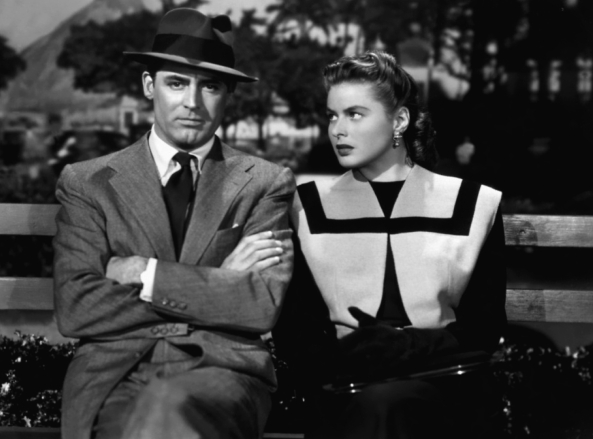
I can think of a handful of movies the average moviegoer will never get around to seeing, no matter how good or critically acclaimed they are: “Schindler’s List,” “Shoah,” “The Decalogue,” “Birth of a Nation,” certain Kurosawa epics, and “Lawrence of Arabia.” All of those titles have length in common, but “Lawrence of Arabia” is a curious inclusion, because at no point is that film difficult to watch.
However, I can think of reasons why certain people may avoid it, however misguided they may be. The film is pushing four hours in length, has no women in its cast, very little “action,” a peculiar male lead that hints at homosexuality and every critic who praises it agrees that the only proper way to actually see it is to see it projected in 70mm film.
I have seen the film twice now, once on TCM, and at time of writing, I’ve now seen it projected on 70mm film as is recommended. The film is a masterpiece no matter how you see it, but seeing it on the big screen will certainly make the film much more tolerable or manageable to watch for the average viewer.
And it is the way to see it. People come out of “Lawrence of Arabia” having been to the desert and back, but only if you’ve actually “felt the desert” first. There are brilliantly desolate scenes in this movie where the image is nothing more than pristine sand and a perfectly crystal clear horizon in every direction.
And despite being inspired by John Ford’s “The Searchers” and similar images in Monument Valley, Lean had the nerve to go to the deserts of Jordan and back, where no one had ever shot anything like this before, to capture what only he imagined could be great. Continue reading “Lawrence of Arabia”

